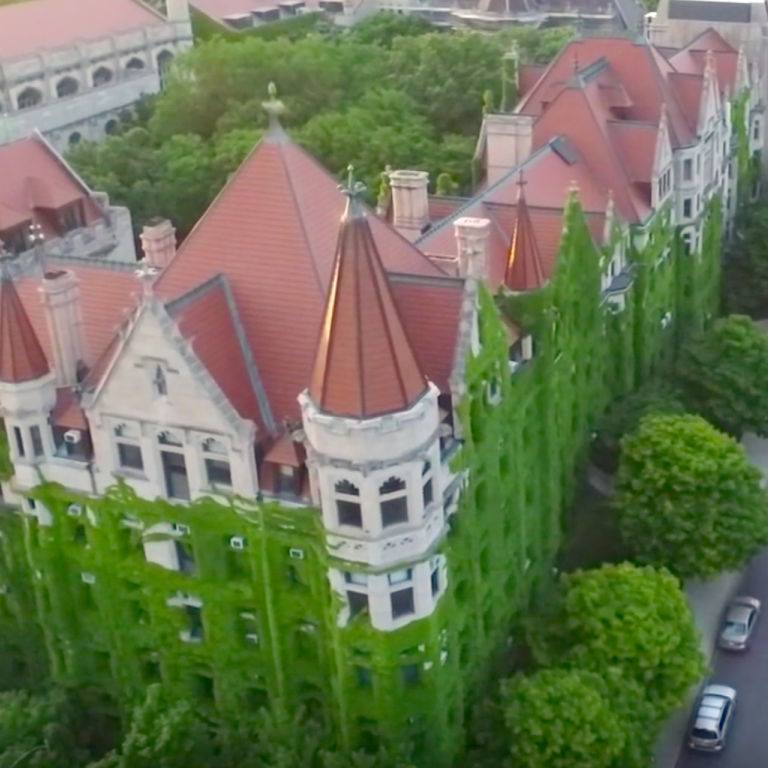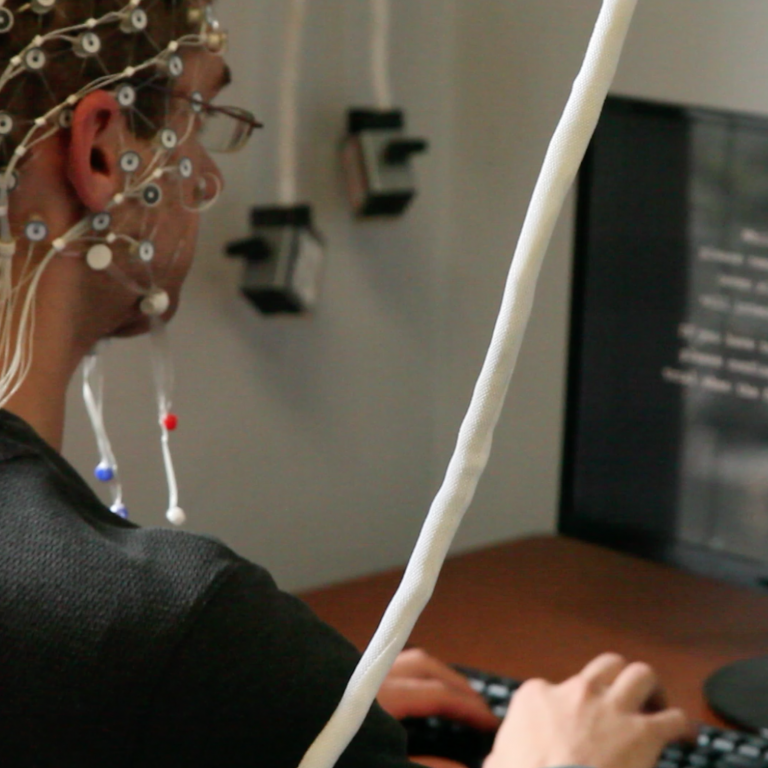The Oklahoman
My recent advocacy for the unhoused is now informing many of my reflections on the need for civility and compassion in our society. About two weeks ago, a 21-year-old unhoused man attempted suicide by trying to jump off a bridge. Police pulled him off in the nick of time. He is autistic and addicted to methadone. His suffering is heartbreaking. I was called to be with him in the psychiatric ward of the hospital to which he was involuntarily admitted. His father declined to take his call. I became part of his “ACT team” — a team of individuals who can be called in emergencies.
A few nights ago, I spent an hour with him at the tent camp as he talked on a suicide hotline. Police and the fire department were called. Eventually, he calmed down, and thankfully, lived to see another day. As he was sobbing, I heard him say, “If only I could live at home. My parents kicked me out when I was 18, and here we are.” Sadly, this young man will not receive the mental health assistance he so desperately needs. Many in our society will look down on him with contempt. Many will treat him with incivility.
His is not the only story of this kind. A study published in The Journal of Adolescent Health reported that in mid-2021, 48% of a sample of 2,089 young adults age 18-25 struggled with mental health. Thirty-six percent reported unmet needs for counseling. According to the Substance Abuse and Mental Health Services Administration, "... one in 10 young adults (ages 18–25), and at least one in 30 adolescents (ages 13–17), experience some form of homelessness unaccompanied by a parent or guardian over the course of a year.”
I raise these issues because the problem is systemic. A bias against those who suffer from mental health issues is coupled with a bureaucracy that is difficult for anyone to navigate. The social worker of the young man I visited in the hospital knew that all too well, telling me she knew that how he was being held was not therapeutic. Patients, as well as compassionate caregivers, are trapped in systems that will not allow the treatment that patients need.
Can we change societal systems to make them more humane, compassionate and civil — more truly responsive to people’s needs and respectful of their dignity? So often, those who protest these systems are treated with incivility and disrespect. At times, I have felt dehumanized in my advocacy for the unhoused; I can only imagine how they must feel. When one feels that one is being treated with incivility, being civil in return can be difficult.
Being treated with civility, respect and compassion should not depend on one’s income, property ownership, appearance, mental health status or personal views. It depends on the fact that we are all human beings, worthy of respect. We all have dignity. In the Christian tradition, we are all worthy of infinite love and compassion. “Love one another as I have loved you” is the phrase that springs to mind. A difficult commandment, but an antidote to many of the ills that plague us today.
About the author: Nancy E. Snow is a professor of philosophy at the University of Kansas. She formerly was a philosophy professor at the University of Oklahoma and director of the Institute for the Study of Human Flourishing.
Click on the citation to read the original post:



